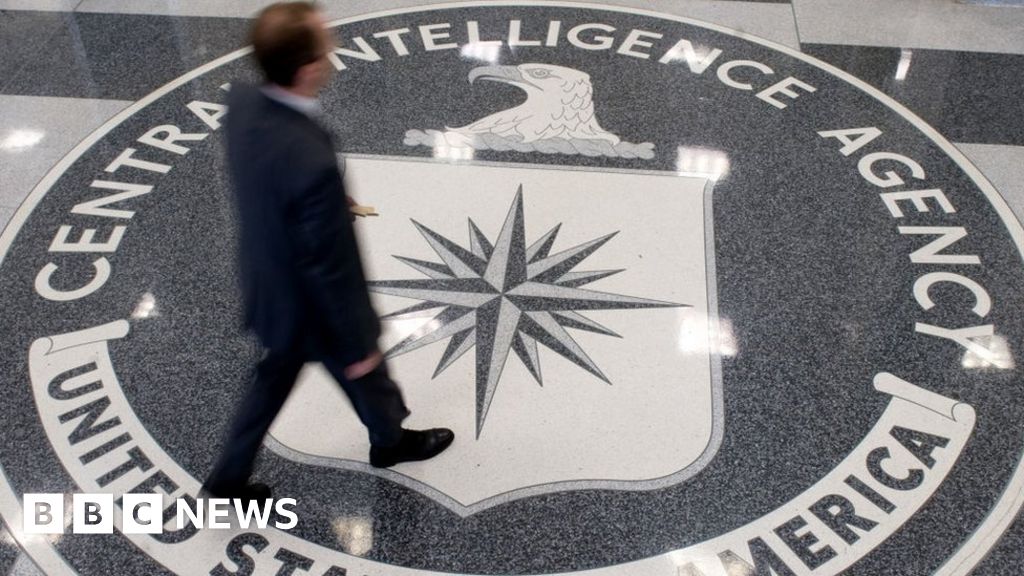Silent cyber coverage here to stay? New Jersey Appellate Court rejects insurers’ attempt to expand scope of the war exclusions to cyber claims
The War and Hostile Action Exclusions have been standard exclusions in property and general liability policies for decades. With the rise of cyber claims, insurers have turned to these exclusions to deny coverage where the bad actor may have governmental roots. In a win for policyholders, the New Jersey Appellate Division rejected the insurers’ attempt to deny coverage and held that the hostile/warlike action exclusion did not apply to non-military, cyber-attack claims. See Merck & Co. v. ACE American Insurance Co.1 This ruling affirms the traditional scope of these exclusions and establishes that coverage under a commercial property policy for property damage caused by cyber-related incidents, colloquially known as “silent cyber” coverage, persists.
Merck & Co. v. ACE American Insurance Co.
On June 27, 2017, New Jersey pharmaceutical company, Merck & Co. (“Merck”), suffered a cyber-attack that left thousands of Merck’s computers damaged and encrypted by the malware known as NotPetya. The malware caused large-scale disruption to Merck’s business, resulting in $699,475,000 in losses. Although the exact origin of the malware was unknown, it was believed to have originated from the Russian Federation.
Merck tendered the claim to its all-risk property insurance carriers. The insurers reserved their right to deny coverage pursuant to hostile/warlike action exclusions and then subsequently denied coverage. Specifically, these exclusions exclude coverage for “loss or damage caused by hostile or warlike action” which was caused by “any government or sovereign power . . . or by military, naval or air forces . . . or by an agent of such government . . . .”2 The insurers argued that the word “hostile” should be broadly read to mean any antagonistic, unfriendly, or adverse action by a government or sovereign power, including the Russian Federation. Rejecting the insurers’ argument, the trial court held that the hostile/warlike action exclusions were inapplicable to the NotPetya related claims. The insurers appealed.
The New Jersey Court of Appeals Narrowly Construed the Hostile/Warlike Action Exclusion
On appeal, the Court looked to the plain and ordinary…


